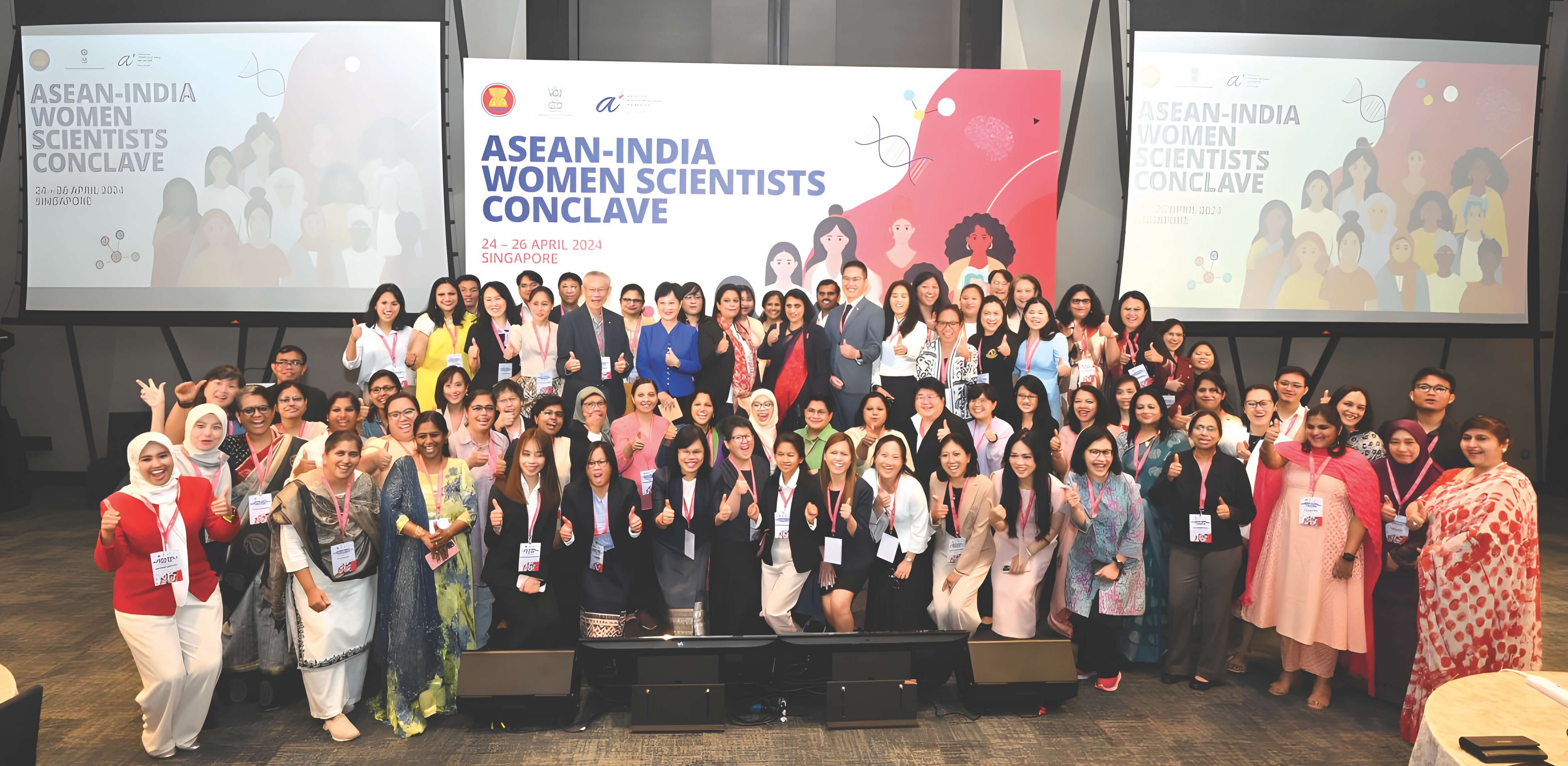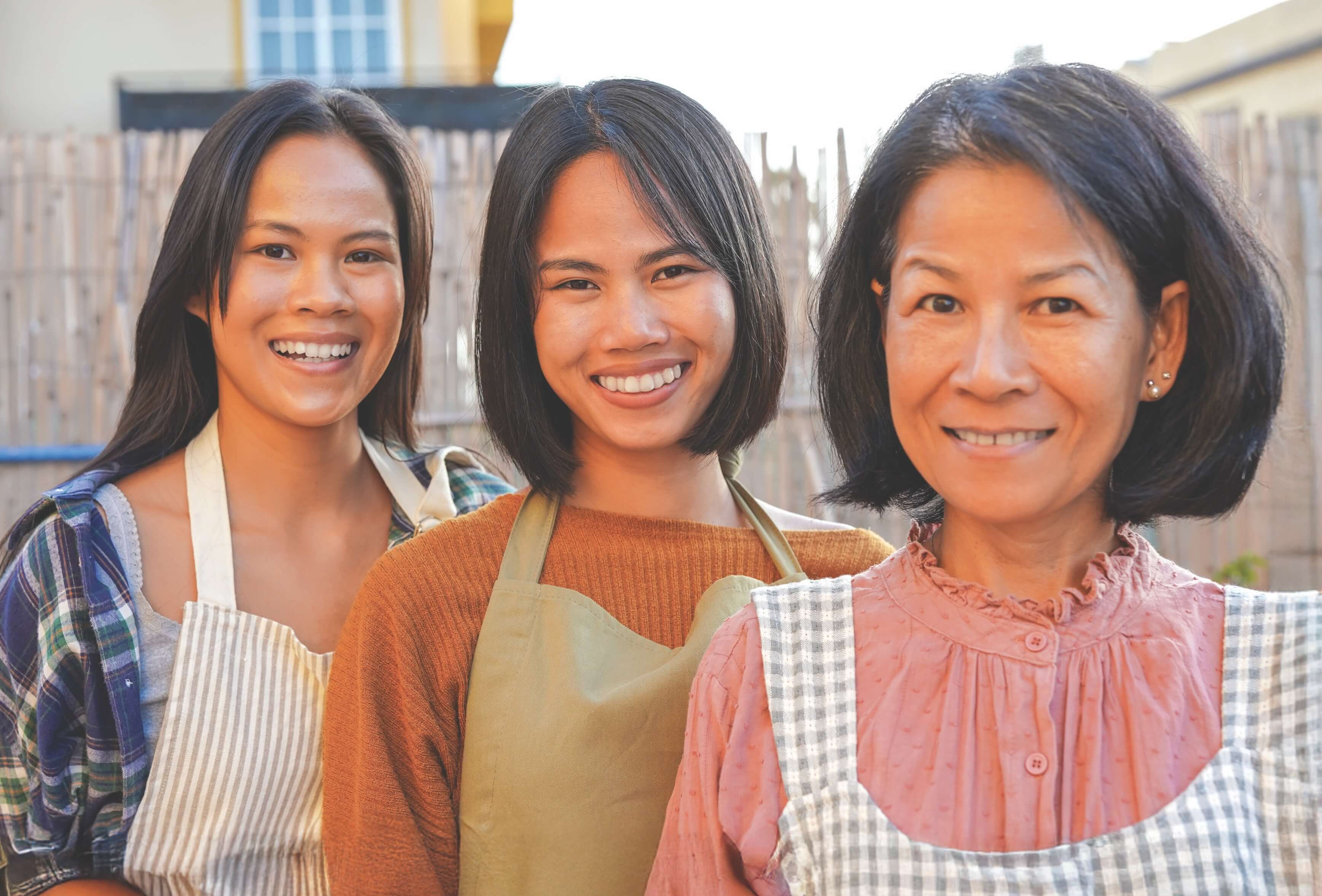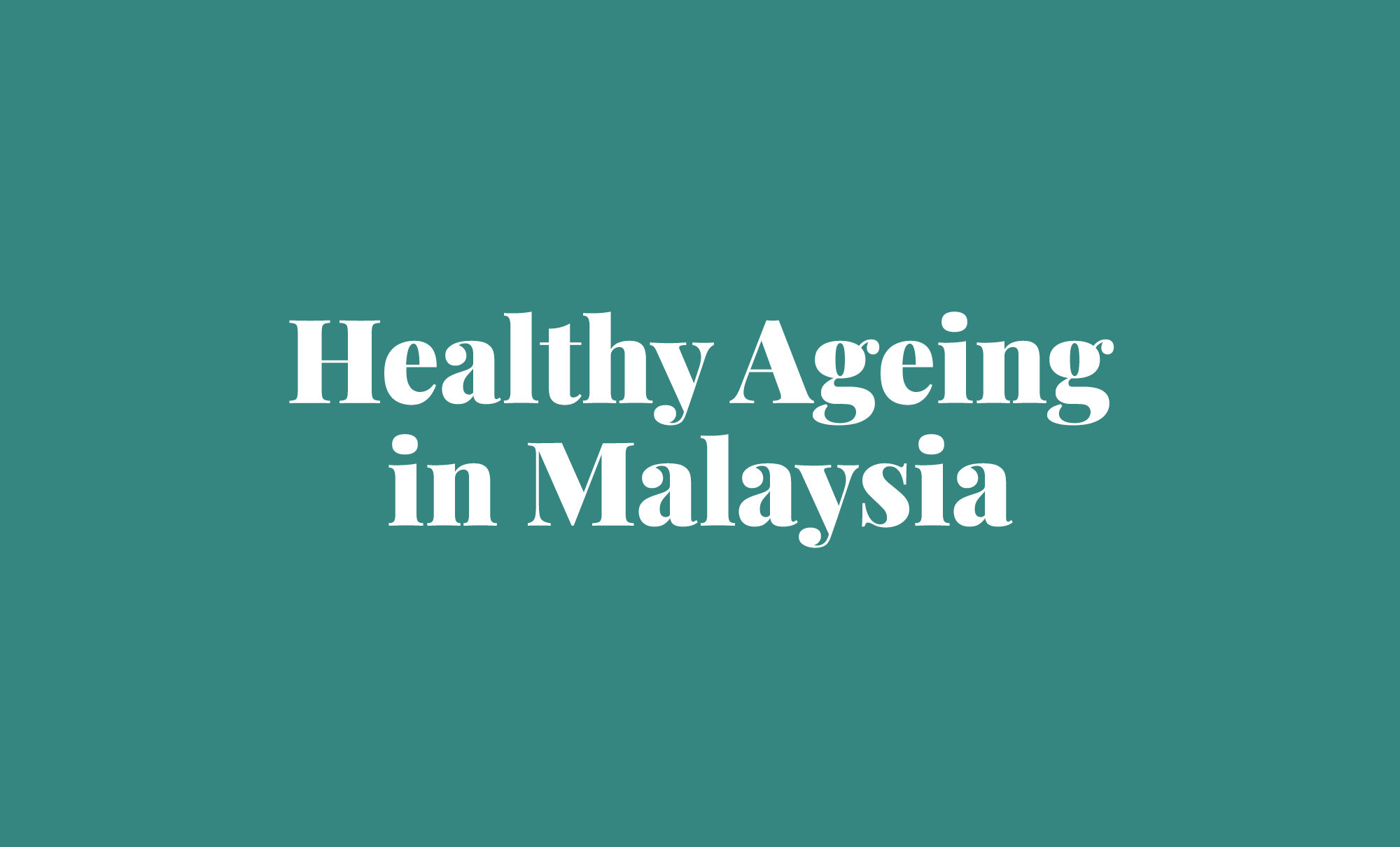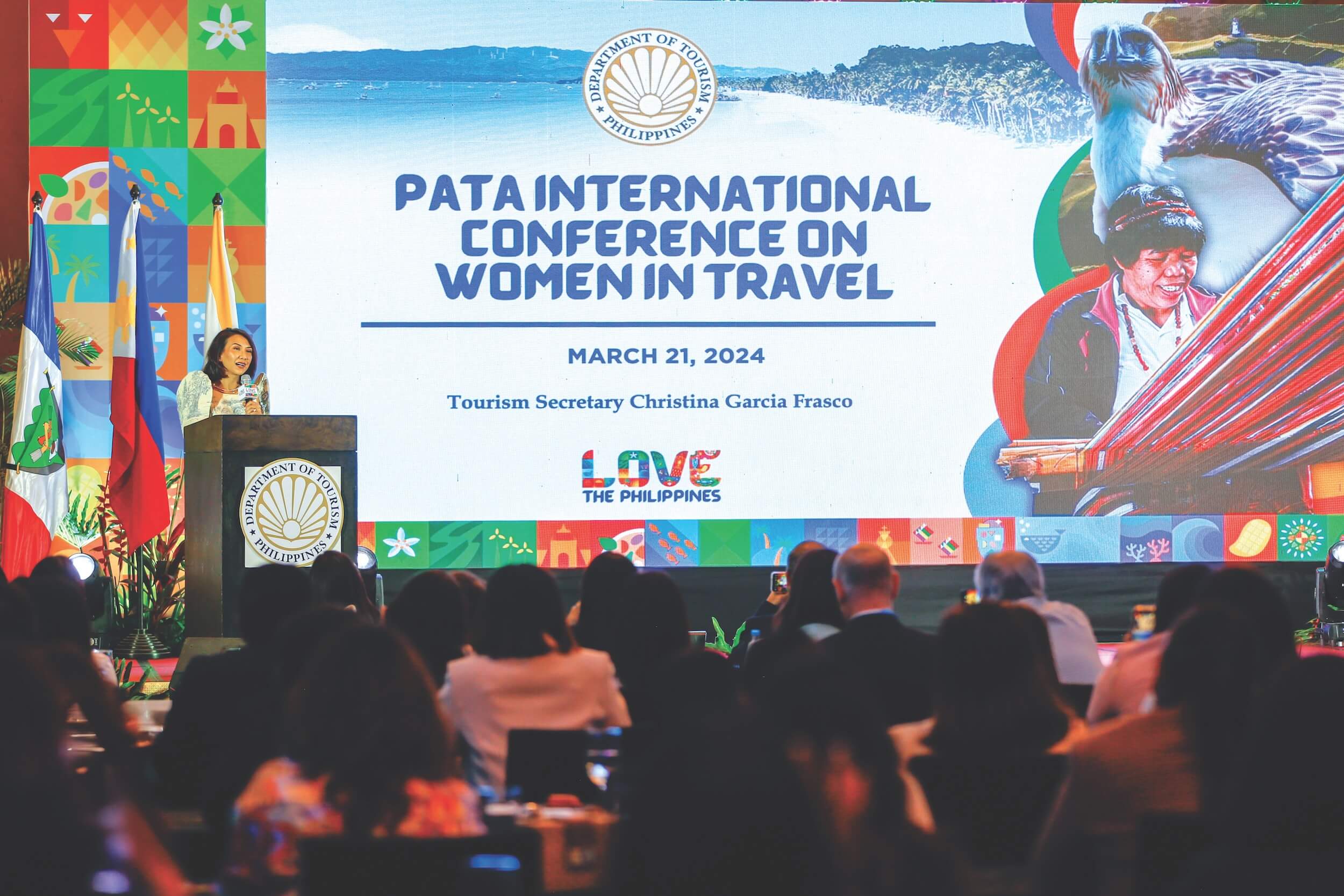



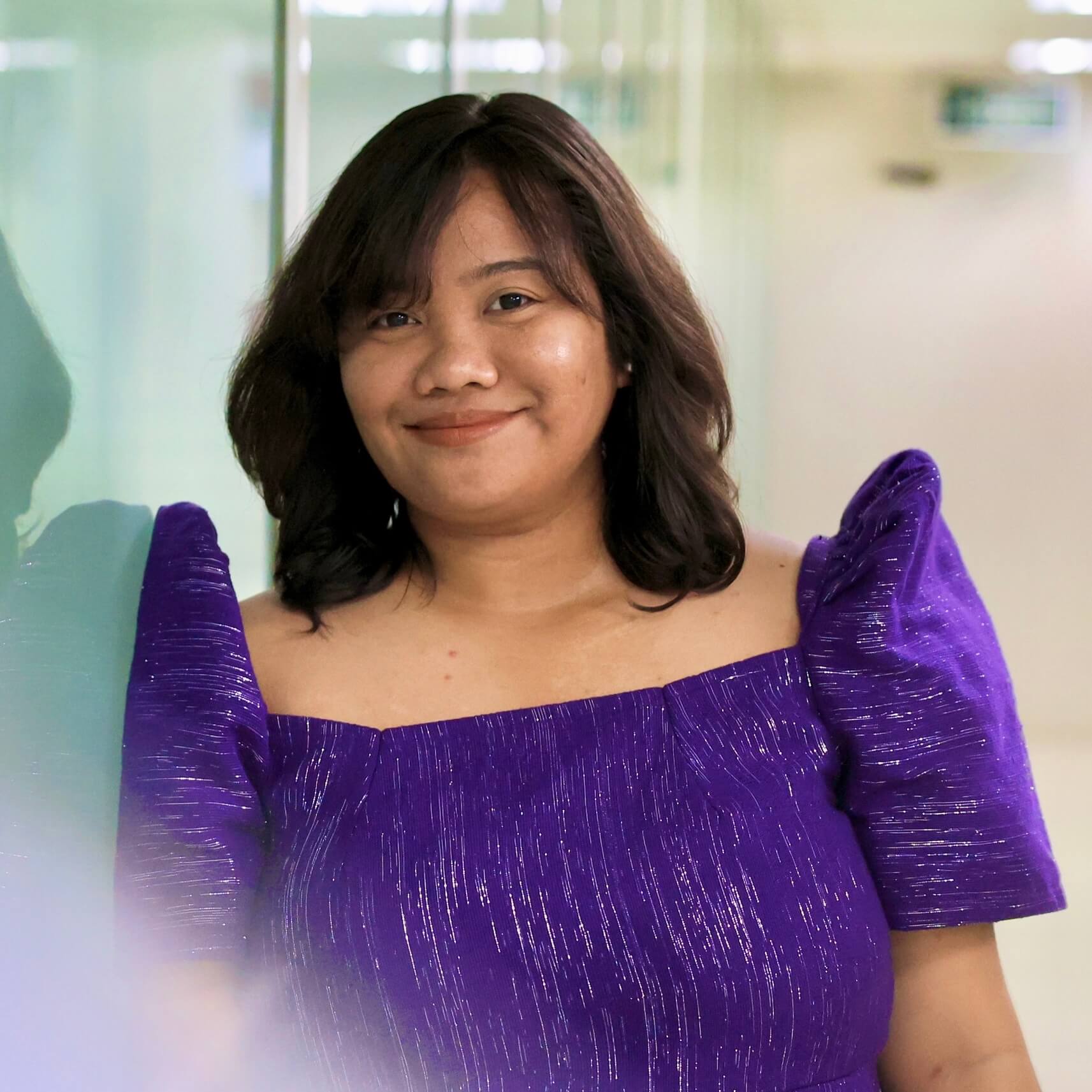
Philippine tourism remains at the forefront of the country’s local economy, contributing an all-time high of 760.50 billion Philippine pesos (approximately 13.2 billion US dollars) in tourism revenue from inbound tourism expenditures in 2024. Approximately 16.4 million Filipinos are employed by the tourism industry alone, accounting for over 34 per cent of the country’s national employment, according to the Philippine Statistics Authority’s April 2024 Labour Force Survey. These numbers have cemented the industry’s position as a vital pillar of the nation. But more than the country’s tourism transcendence, the Philippine Department of Tourism (DOT) has prioritised sustainable tourism development, advancing gender equality in the industry.
According to the Global Gender Gap Index 2024 by the World Economic Forum (WEF), the Philippines ranked 25th and was the highest among Southeast Asian countries.
Under the leadership of Tourism Secretary Christina Garcia Frasco, the DOT has pursued meaningful Gender and Development (GAD) initiatives, ensuring that gender sensitivity is applied in all aspects of its operations and across industries concerned with tourism development.
Guided by both international and national mandates, including the Sustainable Development Goals (SDGs), the Convention on the Elimination of All Forms of Discrimination Against Women (CEDAW), and Republic Act No. 9710 or the Magna Carta of Women, the DOT upholds the critical responsibility of continuously assessing and enhancing its tourism programmes. The DOT has also systematically integrated gender perspectives into policy making, planning, implementation, and evaluation processes through the Harmonised Gender and Development Guidelines tailored for the tourism sector.
At the core of the DOT’s GAD advocacy is its flagship programme, the Tourism Integrates, Supports, and Minds Women’s Rights and Child Safety (TourISM WoRCS). Launched in 2019, it is an integrated programme centred on protecting women and children in tourism and gender and development. It is implemented in coordination with various national government agencies, including the Department of Justice, the Department of Social Welfare and Development, the Philippine National Police, and member agencies of the Inter-Agency Council Against Trafficking. It also collaborates with non-governmental organisations such as the End Child Prostitution in Asian Tourism (ECPAT) Philippines, tourism industry stakeholders, and local government units. Under this program, the DOT has established TourISM WoRCS desks and officers across its regional offices in the country and conducted nationwide capacity-building sessions for tourism stakeholders. Training topics include gender and development awareness as well as protocols for the protection of women and children.
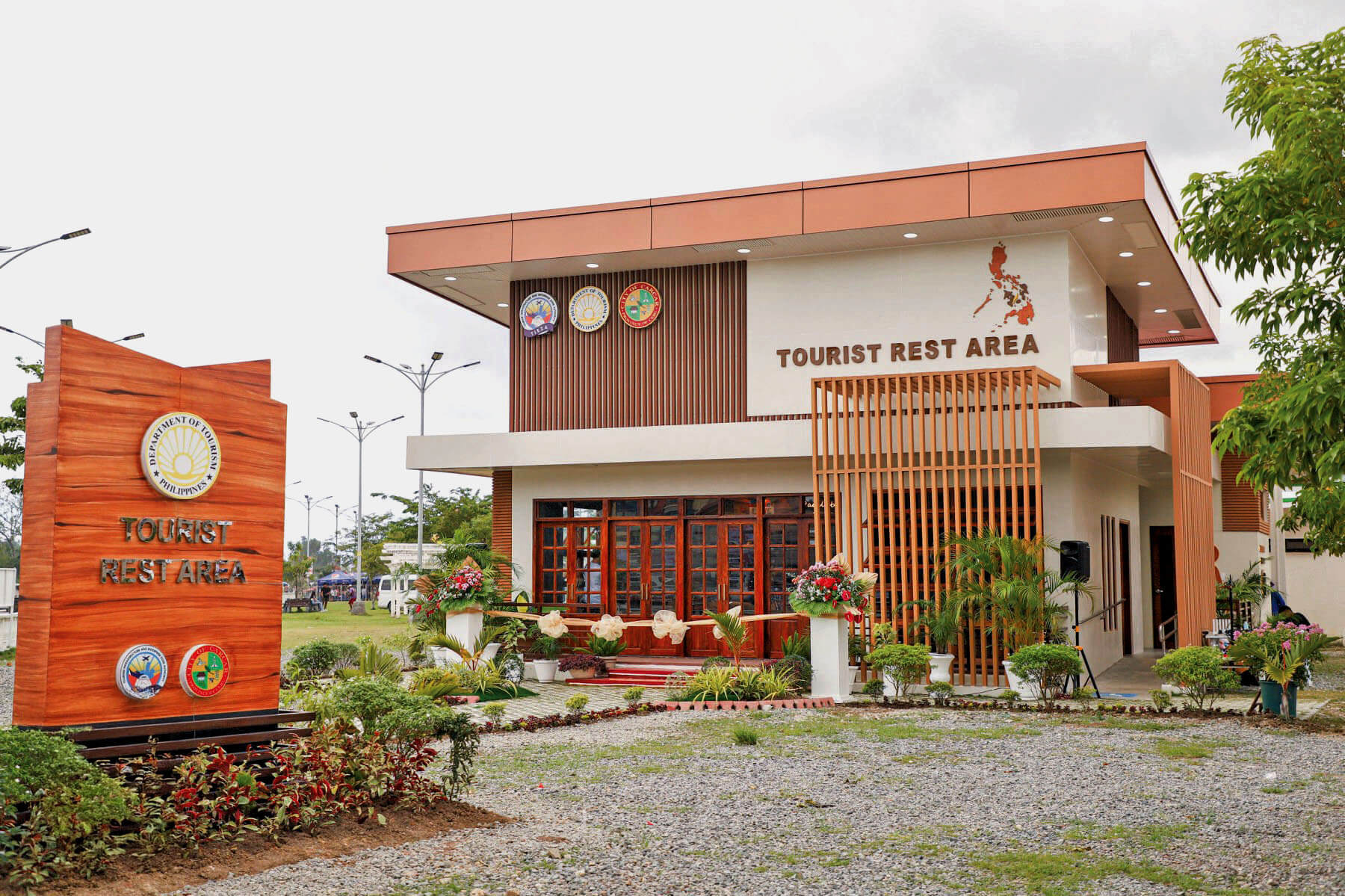
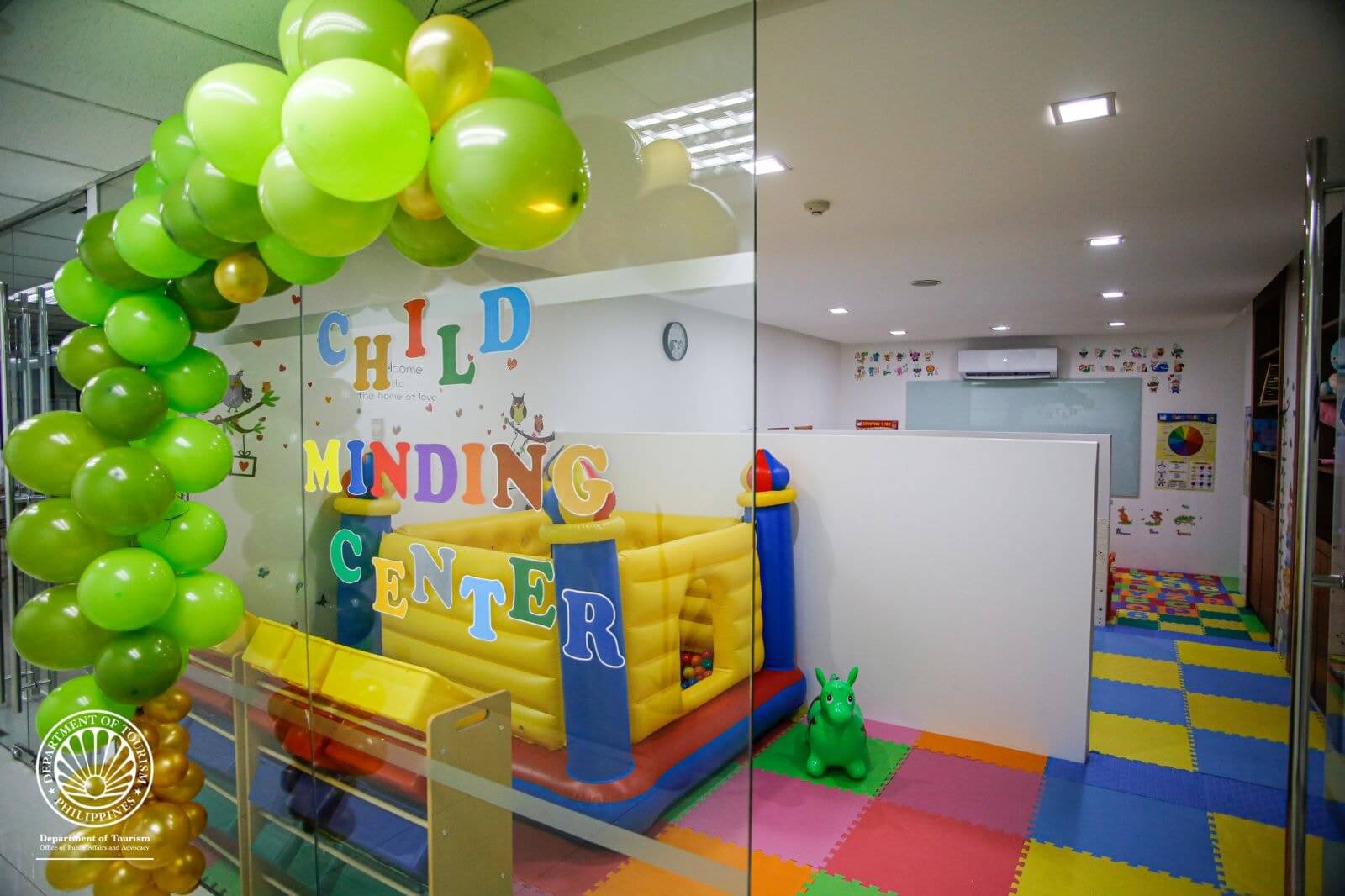
The DOT has also been implementing the Barrier-Free Tourism (BFT) programme, which aims to intensify and promote public awareness of the statutes and mandates that require respect for inherent dignity, prescribe non-discrimination, inclusion in society, equality of opportunity, and all other rights of persons with disabilities (PWDs) in society. The program also assists tourists who are elderly, pregnant, or travelling with women, in collaboration with the National Council for Disability Affairs, Autism Society Philippines, De La Salle University School of Deaf Education and Applied Studies, and other NGOs.
On the infrastructure aspect, the DOT has incorporated gender-responsive features in its flagship infrastructure projects. These include the National Accommodation Standards and the design of Tourist Rest Areas, which now include dedicated lactation stations for breastfeeding mothers, clean and accessible restrooms and shower facilities, and souvenir centres that highlight locally produced goods, many of which are crafted by women-led community enterprises. These efforts not only elevate the tourism experience but also promote gender equity and inclusive economic participation.
It has also productively supported the hosting of important international events in the country that are in line with its mandate to promote a more inclusive industry, including the Pacific Asia Travel Association (PATA) International Conference on Women in Travel held in Bohol in March 2024, which gathered representatives from the Philippines’ tourism sector, private stakeholders, and the PATA headquarters from Bangkok, Thailand. This brought together women leaders in the travel and tourism industry to discuss gender disparities, promote sustainability and responsible travel practices with women as agents of change, and foster women’s leadership development and mentorship.
At the agency level, the DOT inaugurated its first-ever Child-Minding Centre at its Central Office in Makati City, marking its commitment to creating a family-friendly workplace that supports the well-being of its employees, particularly working mothers.
“All these forward-looking efforts reaffirm the Department of Tourism’s unwavering commitment to building a more inclusive and barrier-free industry— one that not only provides meaningful opportunities for the millions of Filipinos whose livelihoods depend on it, but also serves as a platform that upholds gender equality, ensures the safety and dignity of all, and empowers every individual to thrive,” Philippines Tourism Secretary Christina Garcia Frasco said.
At the ASEAN regional level, the Philippines contributed to the crafting of the ASEAN GAD Ten-Year Tourism Work Plan (2020-2030) plan, which specifies the activities, policies, mechanisms, and capacity-building efforts needed to implement the 2018 ASEAN GAD Framework in Tourism. It also establishes processes for monitoring and evaluating the effectiveness of gender mainstreaming initiatives within the tourism sector across ASEAN Member States.
The DOT is also elevating GAD initiatives across the ASEAN region in a number of ways, such as by promoting community-based tourism through empowerment of women’s groups and community-driven enterprises; establishing a GAD Tourism Assembly, which is a regional platform for policy dialogue; collaborating with other Member States on efforts to champion gender-responsive tourism; and supporting regional cooperation through projects that recognise and amplify women’s contributions to tourism, while building inclusive, sustainable partnerships.




